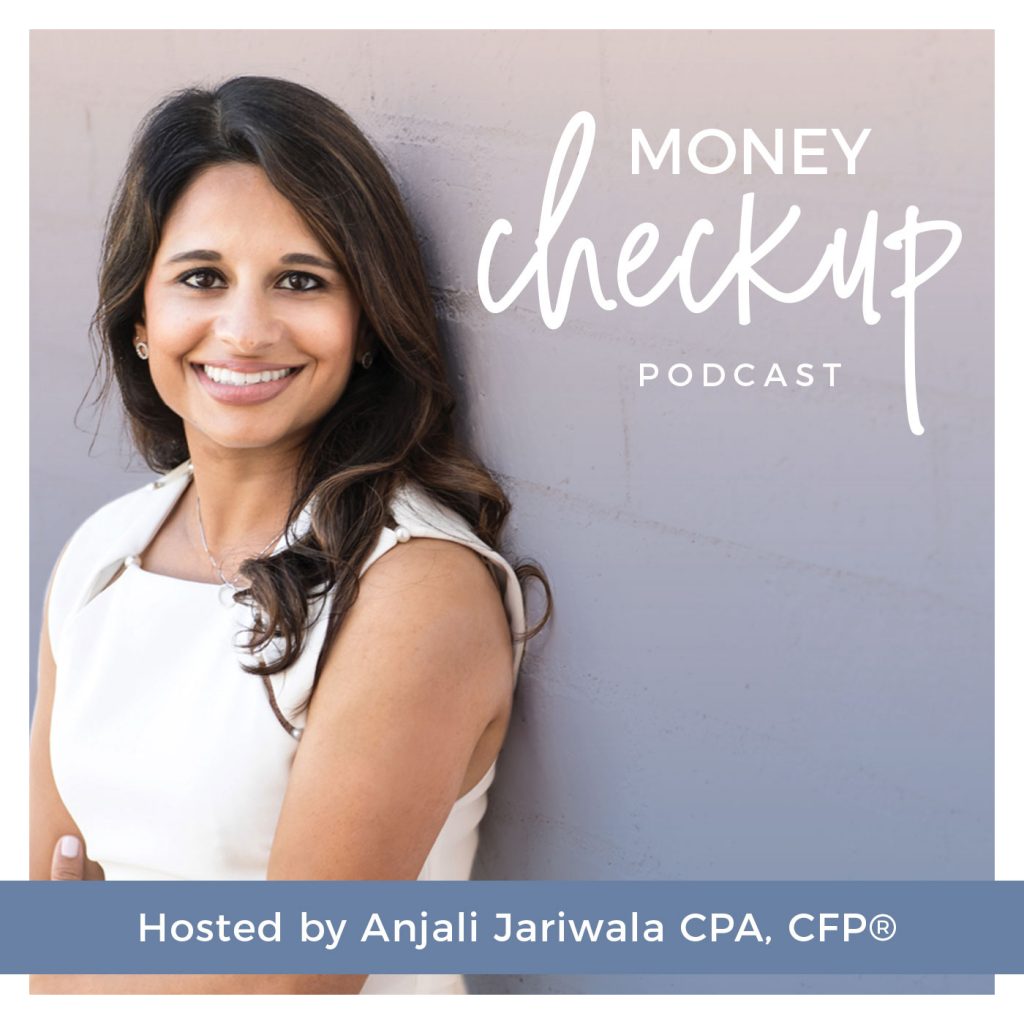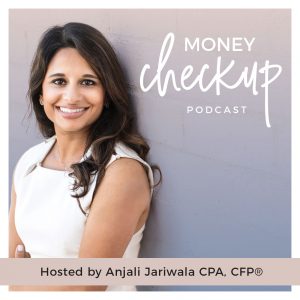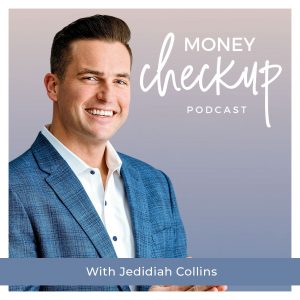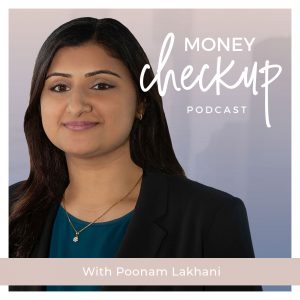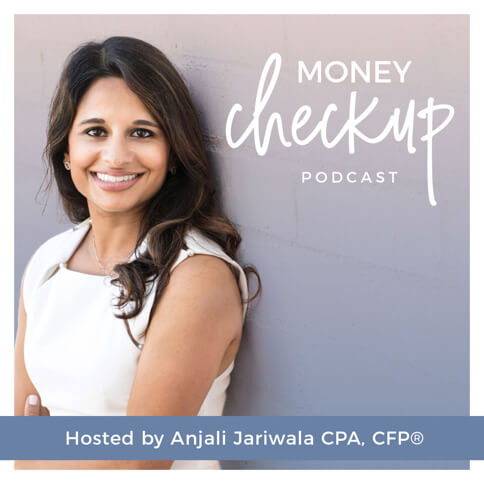Has your financial situation changed, or do you expect it to change, as a result of the COVID-19 pandemic? Review your emergency fund and make any changes you need to make; review your estate planning documents; and take advantage of expanded unemployment benefits and delayed student loan payments.
“When things are uncertain and out of our control, the best thing we can do is plan around the things we can control. One of those things is our personal finances.”
Talk to your financial advisor about immediate, specific steps you can take to weather this storm.
KEY RESOURCES REFERENCED IN THIS EPISODE:
- The CARES Act: Relief for Individuals and Small Business Owners Affected by COVID-19
- Details about delaying your student loan payments: https://www.cnbc.com/select/stimulus-bill-student-loan-forgiveness-credit-score/
- Estate planning basics: https://fitadvisors.com/estate-planning-basics/
Social, website, book link:
EPISODE HIGHLIGHTS:
- If you’re anticipating a decrease in income due to the pandemic, make sure you have enough cash on hand to weather 3-6 months of uncertainty based on what you are currently spending, accounting for any lifestyle changes under your local stay-at-home order.
- If you’re a business owner, try to build your emergency fund to 12 months of expenses. To increase your cash reserves, cash checks and try to collect on accounts receivable as soon as possible. Decrease your spending as much as possible.
- If you need more cash, consider a mortgage refinance or a cash-out refinance. You can also put a home equity line of credit in place. Consider pulling those funds even if you’re not sure that you’ll need them — you can put a few months’ worth of expenses in an emergency fund just in case.
- If your expenses will increase — for example, if a physician in your household is planning to rent an apartment to protect your family’s health — take that into account when you evaluate your emergency fund.
- Take advantage of delayed payment deadlines on student loans and taxes. If you want to defer your student loan payments, you will need to call your loan servicer and manually stop your automatic payments. FFEL Loans may not qualify.
- The State of California has reached deals with major mortgage lenders to delay payment on mortgages for 90 days. If you’re worried about making rent or mortgage payments, reach out to your landlord or lender to talk about what options you have.
- If you lost your job, apply for unemployment through your state. The federal government is offering an additional $600 per week on top of what you receive from your state, via the CARES Act. Short-term disability insurance and/or the Families First Coronavirus Response Act may cover paid sick leave or lost wages due to COVID-19.
- Make sure you have beneficiaries in place on your life insurance policy and retirement accounts.
- If you do not have estate planning documents in place, ask your attorney if your state offers a digital notary. Put your healthcare power of attorney, living will and advance directive in place, as well as a property power of attorney.
- The CARES Act offers cash assistance of up to $2,400 per couple and $500 per child to households based on their last filed tax return. If your AGI is above $150,000 as a married couple, the benefit will be phased out. Take this into account if you have not yet filed your 2019 taxes.
- The CARES Act also allows distributions from retirement accounts without penalty.
- If you own a small business, loan applications for the Paycheck Protection Program should be available now via lenders who offer SBA loans. Businesses with fewer than 500 employees who have been impacted by COVID-19 are eligible for loans of up to $10 million based on your average monthly payroll costs. If the bulk is used for payroll costs, all or part of the loan can be forgiven.
- Many business owners may have already applied for disaster loans via the SBA’s EIDL program, which offer an advance of up to $10,000 to qualifying businesses.
STAY IN THE LOOP WITH US!
Do you receive our weekly email? If not, I encourage you to sign-up on our homepage!
Do you follow us on social media? I’d be honored for your follow on Facebook, LinkedIn, Twitter, Instagram.
Do you enjoy our podcast? Please be sure to let me know and rate the show on Apple Podcasts!
If you loved this episode, here’s another I know you’ll enjoy too! Episode 34: Navigating the Market Uncertainty of COVID-19
I also wrote a post about planning in times of uncertainty on my blog: Planning in Times of Uncertainty
QUOTES FOR SOCIAL SHARING:
“When things are uncertain and out of our control, the best thing we can do is plan around the things we can control. One of those things is our personal finances.”
“How long are we going to continue to see this market volatility? Honestly, no one really knows. What we can do is plan for the pandemic and the uncertainty to be longer than we expect, and if things rebound sooner than that, then at least we’ve planned for the worst case scenario.”
“When we’re planning for our finances in times of uncertainty, the key questions I would ask yourself right now are: Has your financial situation changed due to everything going on, or do you expect it to change? If the answer is no, continue sticking to the financial plan you have in place.”
